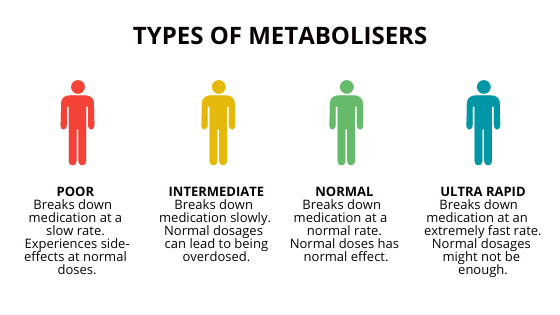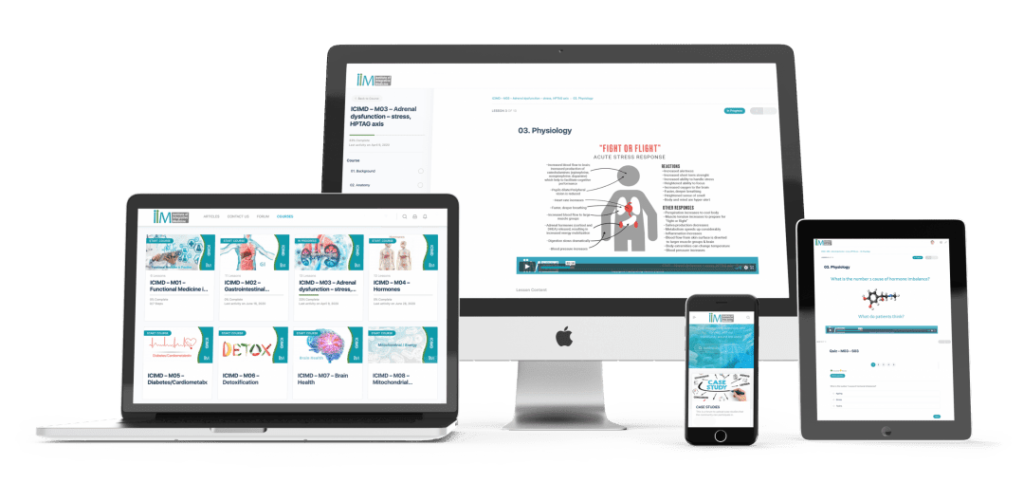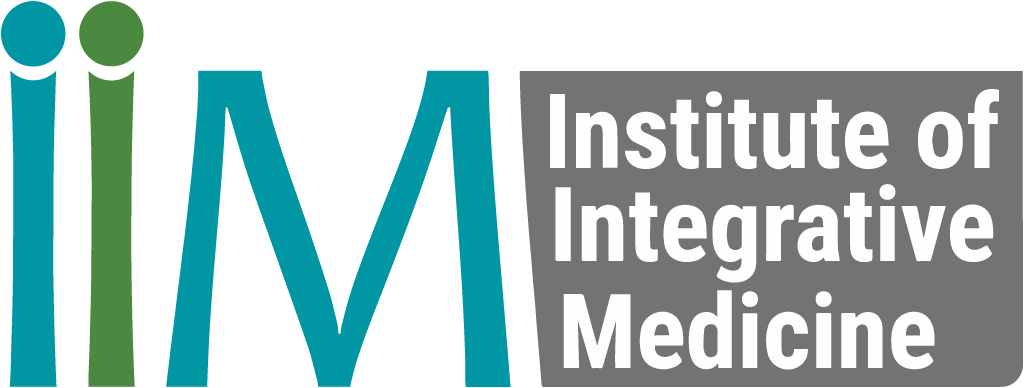5 ways that SNP testing can enhance your practice
Pharmacogenomics has been shown to improve patient compliance when following medical advice. SNP testing can enhance accuracy in dosage and ensure optimal treatment of individual patients.
Genetic tests are in their early stages of infancy, but have already proved to be highly beneficial to both practitioner and patient. These tests offer relief to both the clinician and patient’s uncertainties. A better insight into your patients genetics can help improve the treatment and preventive protocol.
1. Improving patient compliance.
As health specialists know all-too-well, the likelihood of your patient taking any advice or following through on advised medicine use is very slim. It is important to develop a relationship of trust between the practitioner and patient, in order to have consistent results. But there are other ways of improving this compliance amongst patients.
A study showed that, when pharmacogenomics is involved in prescription, patients are three times more likely to remember the use of their medicine (Pharmacogenomics Journal, 2020).
2. Drug choices.
The study of DNA has shown us that each individual metabolises drugs at a different rate (poor, intermediate, rapid, ultra-rapid)(Figure 1). This means that we cannot apply a “one-size-fits-all” approach to each patient. The truth is that Barbara might have a very different reaction to one antidepressant than Keesha might have. Generally, patients will go through three or four generic drugs before they find the right one. In some cases, the patient does not find one that fits at all. As practitioners, it is important to understand the root cause of the chronic issue, be it mental or physical. Firstly, genetic testing can help reduce the time spent on figuring out what drug works best. Genetic tests can also help assess whether there are modifiable risk factors that can be changed, in turn, aiding the patient in reducing or even terminating the use of a certain drug.

3. Risk assessment.
You can use the predictive value of your SNP data to assess your patient’s risk for certain conditions (especially for future reference). This will guide your preventive scheme. For example, if a patient has SNPs that increase the chances of colon cancers, then you might do a colonoscopy at an earlier age (and, perhaps, more frequently). If your patient shows an unusual amount of SNPs associated with poor methylation, increased inflammation, or poor oestrogen metabolism, you might screen them for breast cancer at a young age. By testing at a younger age, you’re able to predict at a much faster rate, the predispositions of your patient. Thus, building up a good foundation for later testing and aiding the preventive process for the future.
4. Personalised lifestyle advice.
SNP data (especially in regard to nutrigenomics) provides small evidence backing for lifestyle advice that can be given to our patients. Previously, a health professional would give a more generalised version of lifestyle advice to each patient. But with SNP testing, you can tailor your advice with regard to diet, caffeine intake, exercise, sleep cycles and lactose intolerance. By giving this kind of tailored advice, we further improve patient compliance.
5. Guiding investigations
SNP testing can be of great benefit when looking at very complicated patients. Often, these patients have had multiple diagnoses and it can be challenging knowing where to start. SNP testing can aid in terms of which avenue to begin with. Thus, alleviating the patient’s financial restraints (as work-up metabolic tests can be expensive).
Summary
Pharmacogenomics has been shown to improve patient compliance when adhering to a medication regimen. SNP testing can enhance a clinician’s ability to prescribe accurate dosages to individual patients, lowering the risk of overdosing and experiencing side effects. The insight into the genome provides information about potential health risks and may predict predispositions of the patient. The implementation of SNP testing can provide a clearer idea on how to begin treatment of the patient.
How do I Become a Functional Medicine Practitioner to learn more about SNP testing?

The Institute of Integrative Medicine is a global leader in the field of Preventive and Integrative Medicine Education. We offer certified online courses helping you to take charge of your practice and improve the quality of life for your patients. As the field of genetics grows, so does the scope of tests offered to both doctor and patient. Find out more about the courses we offer today!

